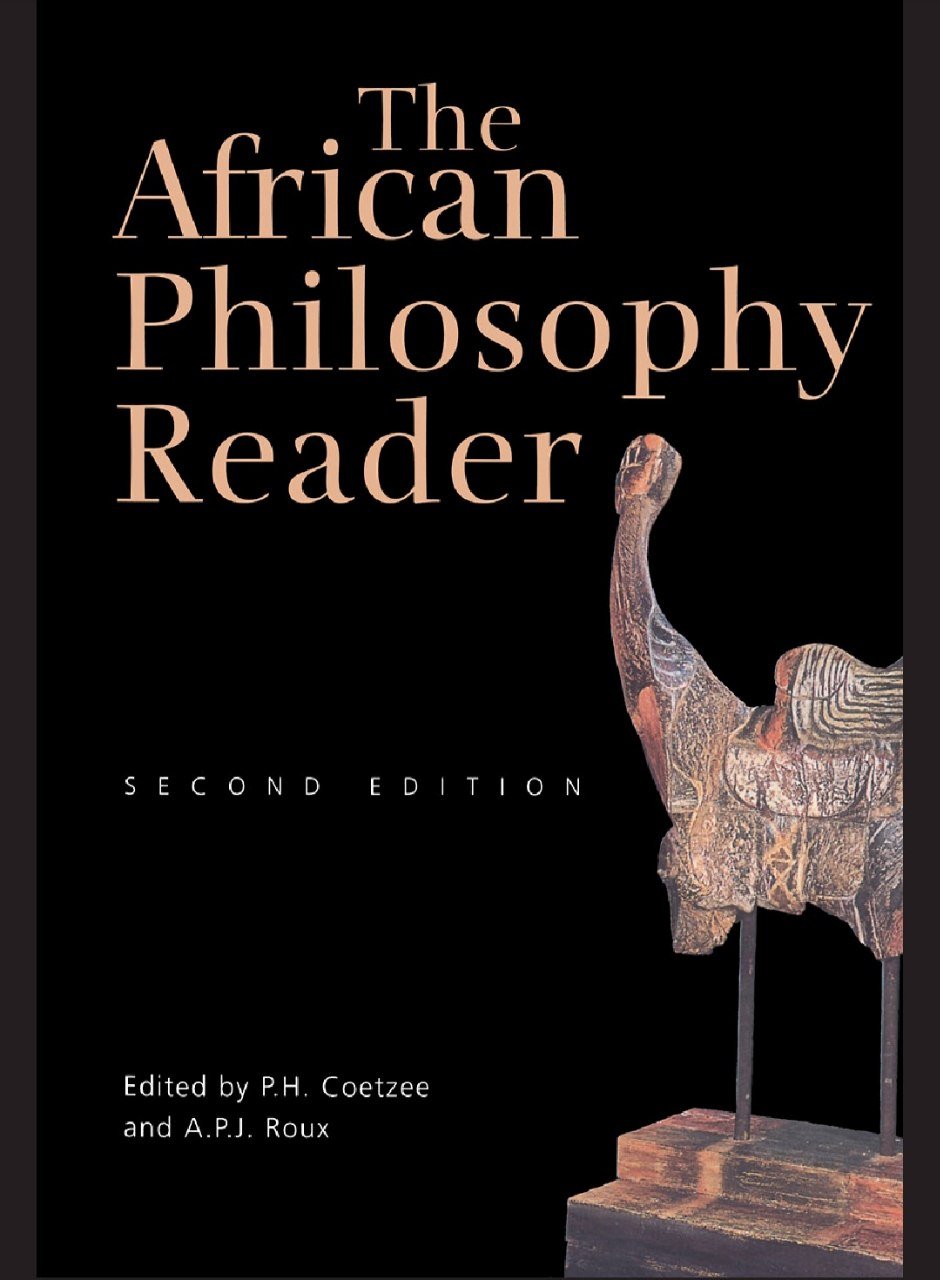

The Four Imams: The Lives and Teachings of Their Founders
Reviews
No review yet. Be the first to review this book!
Description
The Four Imams: The Lives and Teachings of Their Founders by Muhammad Abu Zahra is an authoritative and comprehensive study of the four great Imams who founded the major Sunni schools of Islamic jurisprudence (madhahib): Imam Abu Hanifa, Imam Malik ibn Anas, Imam Muhammad ibn Idris al-Shafi'i, and Imam Ahmad ibn Hanbal. Originally written in Arabic and translated into English by Dar Al-Taqwa, this book provides detailed biographical accounts, explores their intellectual contributions, and examines the historical and social contexts in which they lived and taught. Abu Zahra presents each Imam with profound respect and scholarly rigor. He begins with their early lives, family backgrounds, and the socio-political environments that shaped their formative years. He meticulously describes how each Imam was influenced by their teachers and peers, how they traveled in pursuit of knowledge, and the circumstances that led them to become prominent jurists in the Muslim world. For Imam Abu Hanifa (founder of the Hanafi school), Abu Zahra highlights his deep intellect, cautiousness in issuing fatwas, and his emphasis on reason (ra'y) and analogy (qiyas) in legal reasoning. He also explores Abu Hanifa’s engagement with theological debates of his time and his stance against the ruling authorities, which ultimately led to his imprisonment. For Imam Malik (founder of the Maliki school), the author emphasizes his adherence to the practice ('amal) of the people of Medina as a primary source of law. Abu Zahra details Malik’s scholarly rigor, his compilation of the Muwatta, and his cautious approach to issuing legal opinions, often preferring silence over speaking without certainty. Imam al-Shafi'i is presented as a harmonizer of the legal methodologies of his predecessors. Abu Zahra explores al-Shafi'i’s travels between Mecca, Medina, Iraq, and Egypt, where he refined his legal theory, which he articulated in his famous work Al-Risala. Al-Shafi'i’s emphasis on the Qur’an and Sunnah as primary sources, followed by consensus (ijma) and analogy, formed the foundations of his school. Imam Ahmad ibn Hanbal is portrayed as a paragon of piety and resilience, particularly during the Mihna (inquisition), where he was persecuted for his refusal to accept the Mu'tazilite doctrine of the createdness of the Qur’an. Abu Zahra presents him as a defender of the Sunnah and a scholar whose humility and devotion to hadith shaped the Hanbali school. Throughout the book, Abu Zahra does not merely recount historical facts; he offers critical analysis of the jurisprudential methodologies, theological positions, and moral character of the Imams. He shows how each of them balanced the demands of scholarship, spirituality, and social responsibility. Additionally, the book explores the ways their schools of thought evolved after their deaths, influenced by their students and changing historical circumstances. Abu Zahra’s balanced and respectful approach encourages readers to appreciate the differences among the schools without fostering sectarianism. His scholarly objectivity and clear exposition make The Four Imams an invaluable resource for students of Islamic law, history, and theology. In conclusion, this book stands as a vital contribution to the understanding of Sunni Islamic jurisprudence and its key figures. It serves as both an introduction and a detailed study of the lives, methodologies, and legacies of the four great Imams whose teachings continue to shape Islamic thought and practice to this day.








 May 03, 2025
May 03, 2025
















.jpg)











.jpeg)








.jpg)

.jpeg)






.jpg)

.jpg)


.jpg)
.jpeg)






.jpeg)
.jpeg)
.jpg)
.png)



.jpg)










.jpg)

















































